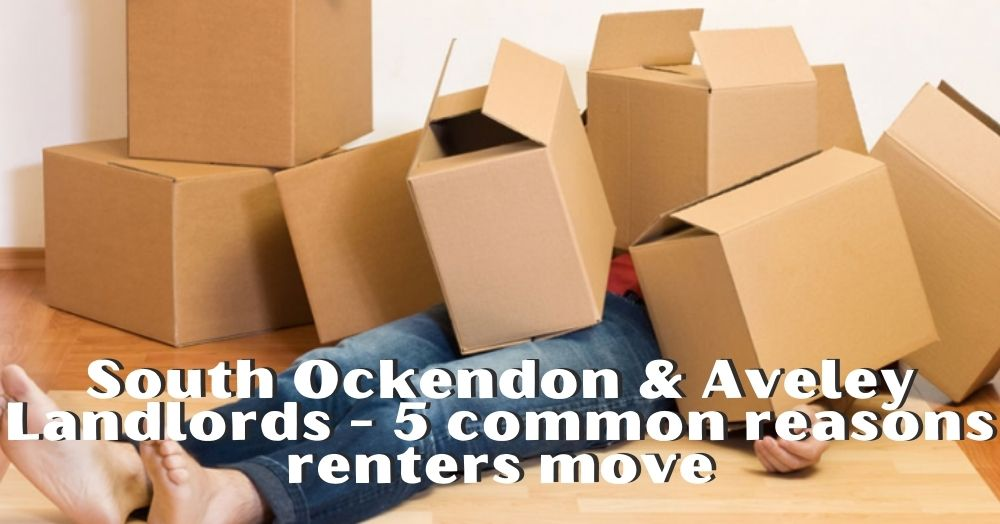Tenants move out of their current rental due to various reasons. Some of these reasons are out of their control, while others are a matter of personal preference. Here are five of the most common reasons why renters choose to move on.
Tenants move out of their current rental due to various reasons. Some of these reasons are out of their control, while others are a matter of personal preference. Here are five of the most common reasons why renters choose to move on.
1. Cannot afford the rent
Renters may move out because the apartment has become too expensive for them as some landlords increase their rental price annually. Another reason could be their own finical situations, i.e. their income may have decreased due to a job loss or an increase in other expenses.
2. Time to upscale
There are a number of life events that require the need for more space. A marriage, the birth of a child, starting a home business, relatives coming to live full-time and other circumstances can force your tenant to start searching for a bigger property. Sometimes it is easier by starting your search by asking your landlord if he has any larger properties to offer.
3. Neighbours
Some tenants would move if they didn't like their neighbors. This might sound like something that's out of your hands, but it is resolvable. The first thing to do is speak to the neighbors as they might not realize they're doing anything wrong. If they're renting too, the next step is to have a discussion with your landlord if the problem still doesn’t seem to get sorted. The issues could be statutory nuisances, such as dogs barking, loud music, and big piles of rubbish. If all of this fails and it becomes a long-term issue, this could drive the tenant to eventually hand in the notice and move out.
4. They are ready to buy
With some rental prices increasing each year, many are making the leap to buy homes whilst they can. This could be due to various reasons, for example, they can finally afford to join the property ladder, they want to have their own investment, are expecting a family, or relocating.
5. Maintenance problems
Maintenance issues can cause a tenant to move out because they are seeing recurring issues or it never got sorted out by the landlord in the first place. Whilst it is your landlord’s responsibility to keep the structure and exterior of the property well maintained and in good repair, to provide you with a safe place to live in; there are certain responsibilities you as a tenant have to comply with as stated in your tenancy agreement. Landlords are responsible for: pest control, dampness, gas, water, and electricity, leaking roofs, etc. Tenants are responsible for: doing minor repairs, such as changing fuses and light bulbs, keeping the property reasonably clean, taking out any unwanted waste, etc.
Final thoughts:
There are a number of reasons good tenants can leave, even if they like the property they are in. Smart landlords will get out in front of these issues and find ways to keep those tenants in their property to avoid turnover costs.

